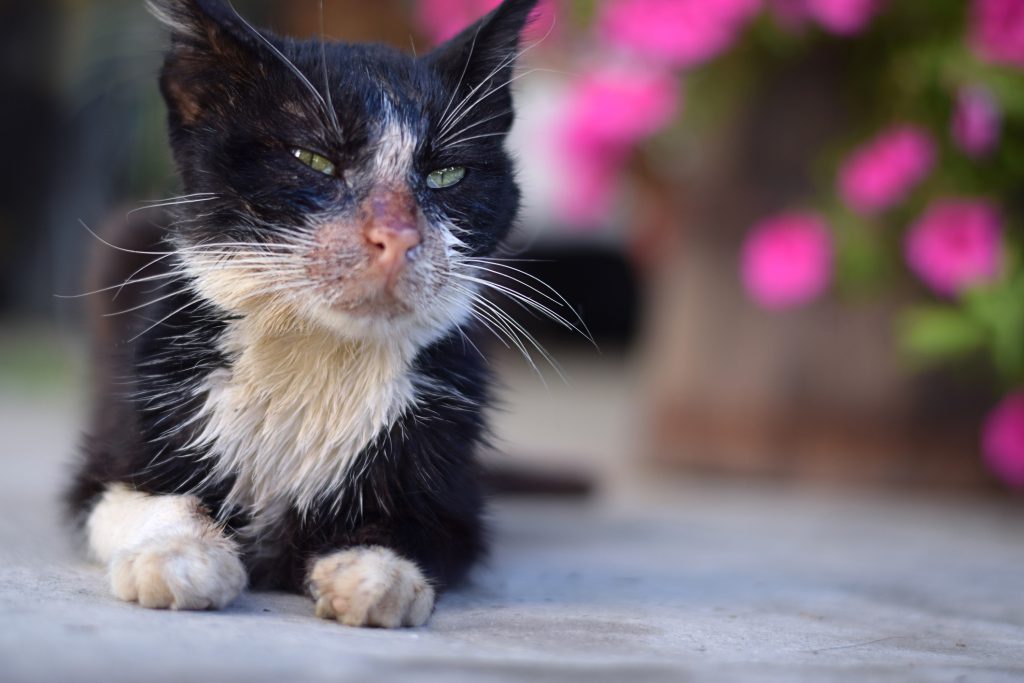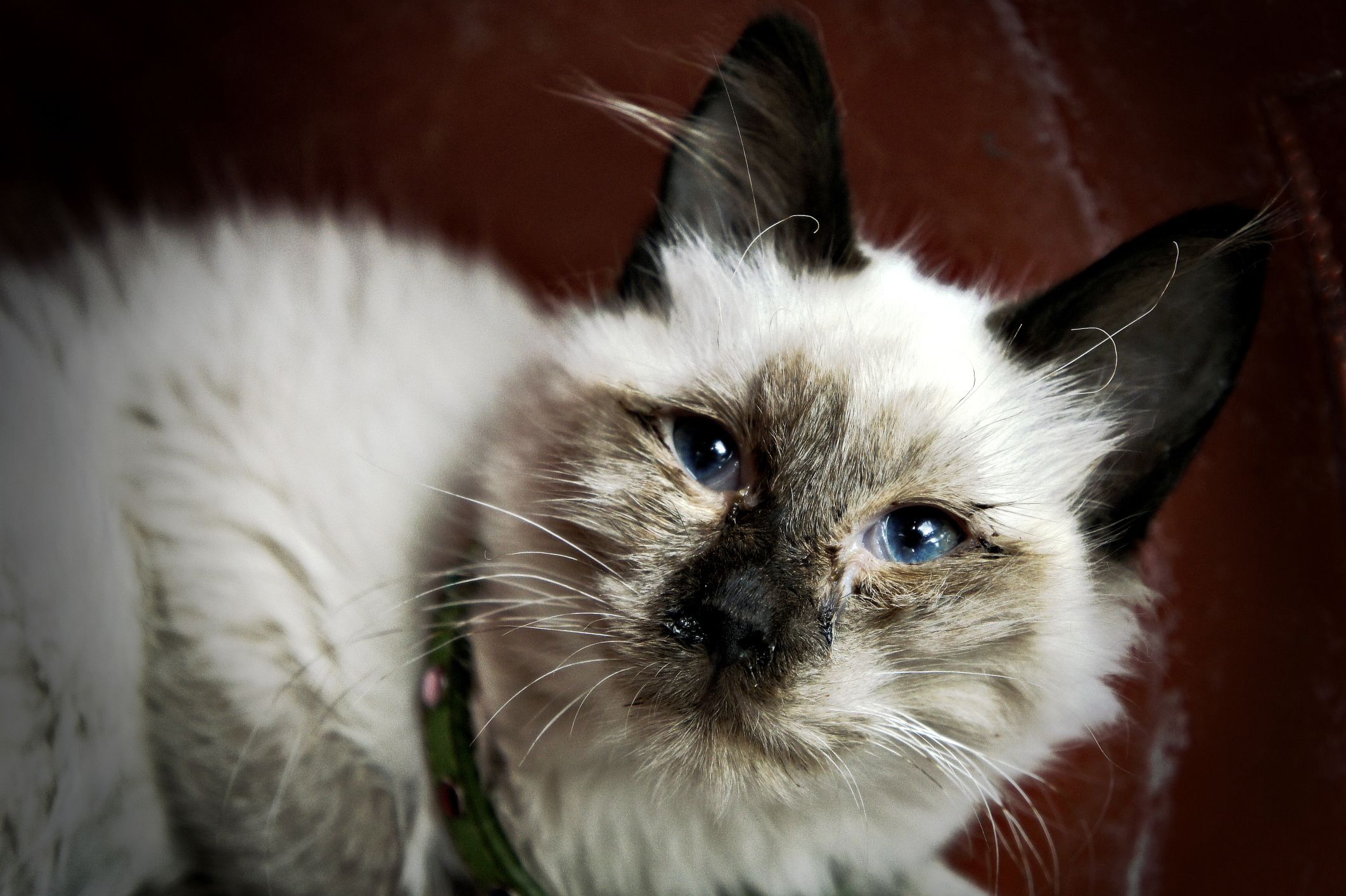
Cat Vaccination Is Important For Your Cat?
Contents
- 1 What is cat vaccination?
- 2 Why do I want to vaccinate my cat?
- 3 What is the cat vaccination my cat should have?
- 4 When should I vaccinate my cat?
- 5 My cat is a senior, should I bother to continue vaccinating?
- 6 How much does the cat vaccination cost?
- 7 Should I have my cat dewormed when I get him vaccinated?
- 8 What side-effects can occur after cat vaccination?
What is cat vaccination?
A cat vaccination is just like a vaccine for your children. It contains a modified or dead virus that enters the bloodstream through an injection, intranasal spray, or edible form. The immune system reacts to this intruder and creates antibodies for the specific virus being introduced. Over the course of a few weeks, these antibodies will be created and remembered for future protection providing larger and faster responses.
If the cat is ever exposed to a dangerous or live form of the virus, they now have an adequate response system that will keep them from getting sick or help to lessen the severity of the illness. It is important that you do not vaccinate a cat that is ill as their weakened immune system may not be able to fight off the injected virus.
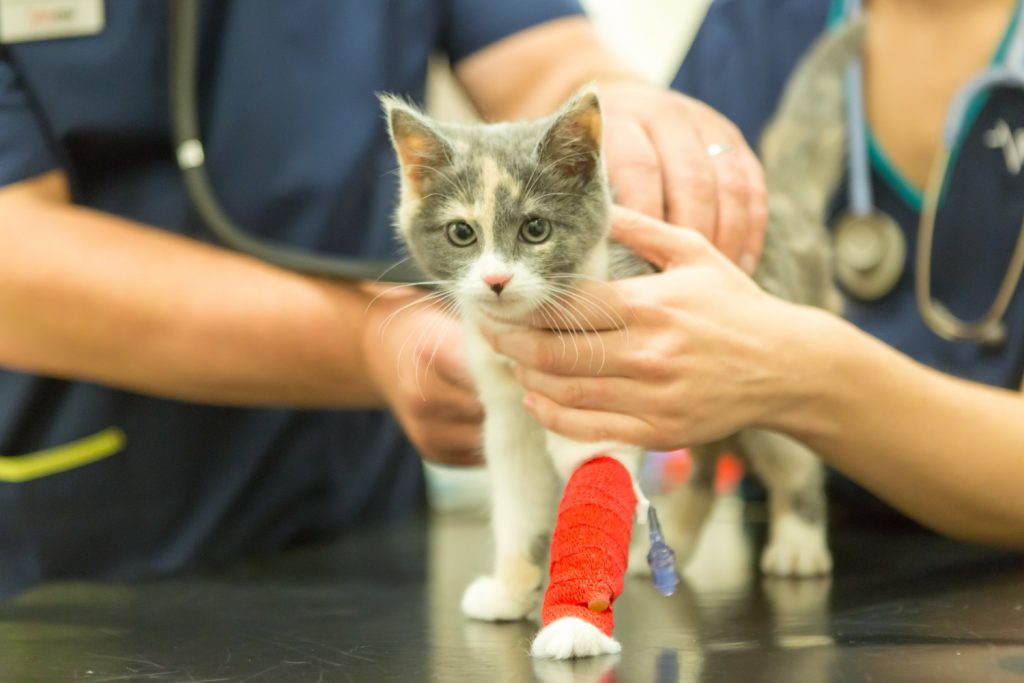
Why do I want to vaccinate my cat?
Vaccinating your cat helps them build an immunity to certain diseases that could lead to expensive vet bills or death. Some vaccines, such as Rabies, are also mandated by law.
What is the cat vaccination my cat should have?
There are two main groups of cat vaccination, core, and non-core. Core vaccines are recommended for all cats and include Rabies. Non-core vaccines are recommended based on your cat and your situation. If your cat is an outdoor cat, more non-core vaccines are recommended than would be for an indoor cat.
The core vaccines are Panleukopenia (FPV), herpesvirus (FHV), calicivirus (FCV), and Rabies. The first three are usually combined into one vaccine called FVRCP and cover most respiratory diseases. The first injection of FVRCP should occur between six and eight weeks, before rehoming, and with boosters every three to four weeks until the kitten reaches sixteen weeks. Most Vets then recommend a booster at one year and then boosters every three years after. Like with any vaccine, it is possible that your cat may still get an infection, but it will be less severe than if they were not vaccinated.
The frequency of a Rabies vaccine is usually mandated by state or local ordinance and often must be administered by a vet. It is recommended that kittens receive their first vaccine at 8-12 weeks, then a booster at one year. Then, depending on the ordinance, you may be able to shift to an approved three-year booster.
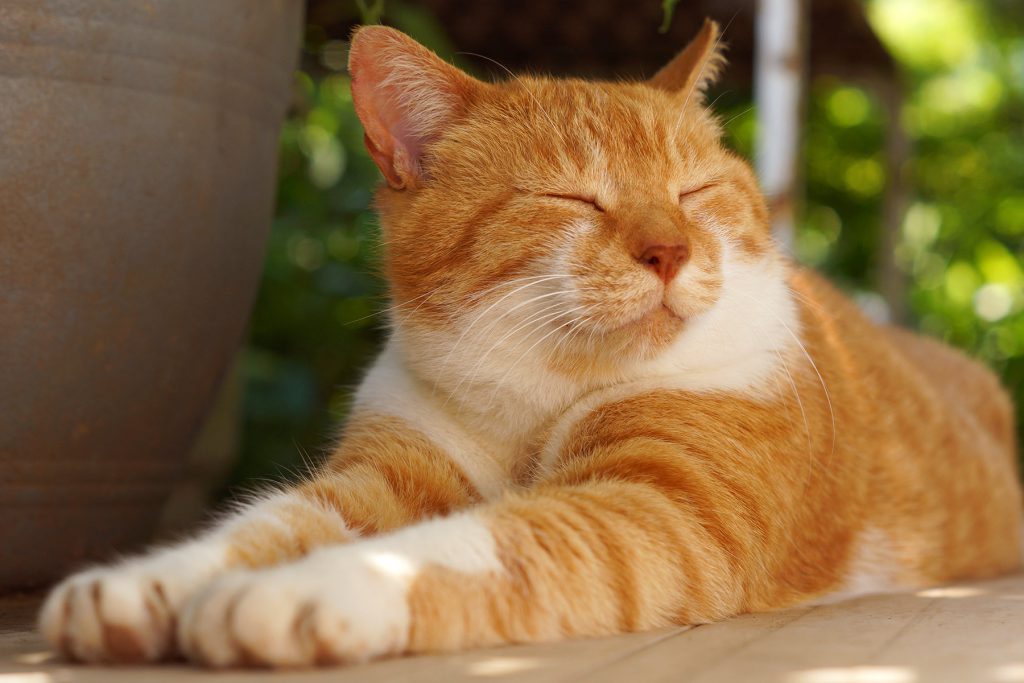
The non-core vaccines are FeLV (feline leukemia virus), FIP (feline infectious peritonitis), FIV (feline immunodeficiency virus), Chlamydophila felis, and Bordetella. These vaccines should be discussed with your Vet as your pet may not need all or any of them.
The FeLV is a non-core vaccine that does not have a 100% protection rate. Some cats may become infected regardless of cat vaccination. Cats who remain indoors should not be at risk for this. Cats with outdoor access may need it as it can be transmitted through bites received in catfights. Vets recommend giving it to kittens with a booster, and then if the cat is established as an indoor cat they will not need to be vaccinated for it again.
A small, in house, a blood test called a snap test should be performed before cat vaccination as positive cats should not be vaccinated. If your cat is an outdoor cat, it is recommended that they receive two vaccines two-three weeks apart, a booster at one year and then annual boosters.
FIP is caused by coronaviruses that are transmitted by feces. Many cats infected with coronaviruses never develop FIP, less than 1-5% of cats develop it. The vaccine is not recommended often as there is much controversy surrounding it. Coronaviruses can be avoided by keeping litter boxes clean.
FIV should be discussed carefully with your doctor. It protects against some, but not all, strains of the virus and is recommended for cats that go outdoors. However, it also currently causes the serological snap-test to read as positive, so it is important that if you have your cat vaccinated that you keep a close watch on them and have it noted in a visible location on their chart.
Chlamydophila felis prevents some forms of feline pneumonitis. It is still possible to come down with some strains of it, however, cats that have been vaccinated against it have a shorter, milder illness. It should be given with caution as it has caused adverse reactions in 3% of cats. It is recommended for multi-cat households in which there have been confirmed cases of the virus.
Bordetella comes in the form of a modified live intranasal (inhaled through the nose) vaccine and prevents a severe lower respiratory tract disease that is found mostly in kittens. The virus normally responds well to antibiotics, so the vaccine is not normally recommended except for multi-cat homes with a confirmed case.
When should I vaccinate my cat?
When you should cat vaccination depends on what vaccines you are giving. FVRCP is recommended at 6-8 weeks, with boosters every three-four weeks until sixteen weeks, a booster at one year and then three-year upkeep. Rabies is recommended at 8-12 weeks, with a one-year booster and annual or three-year upkeep. Non-core vaccines should be discussed with your Veterinarian.
My cat is a senior, should I bother to continue vaccinating?
Yes. Part of being a responsible pet owner is protecting your cat and preserving their quality of life. Vaccines keep cats happy and healthy by preventing serious, life-threatening diseases.
How much does the cat vaccination cost?
This depends on your cat vaccination, but on average the first years’ vaccines cost between $45 and $85, then $10-$35 each year after. This cost varies based on which vaccines are administered. If you adopt from a rescue or shelter be sure to ask if they have already administered the first round of kitten vaccines.
There are a number of low-cost clinics, and you can administer some vaccines (never Rabies) yourself. If you choose to vaccinate at home, however, be sure to order from a reputable company such as DrsFosterSmith.com.
Should I have my cat dewormed when I get him vaccinated?
Sure! Why not? You’re already there and as part of your kitten’s first exam or your cat’s annual check-up, your Vet should be performing a fecal exam. If there are signs of infestation you will need to deworm, and kittens are often dewormed as a preventative measure. Deworming can cause nausea and diarrhea and should only be done under Vet supervision. Kittens should be dewormed at two-three weeks and then again at 5-6 weeks with subsequent treatments if necessary. Many Vets will recommend deworming with a safe dewormer every month to six months.
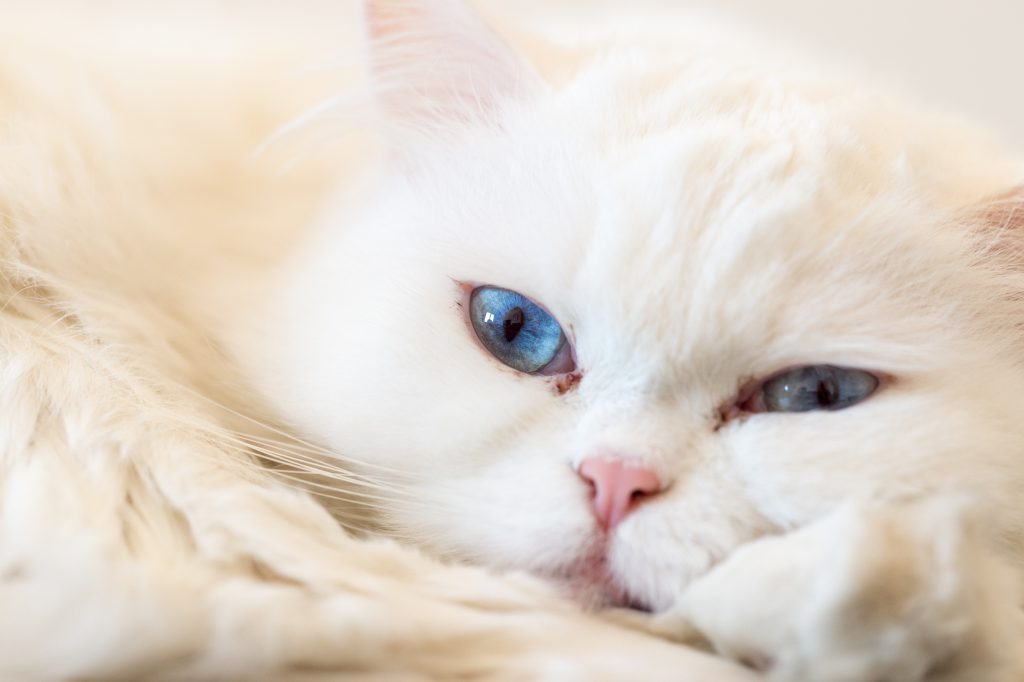
Cats who are ill should NOT be dewormed. Deworming is essentially injecting or ingesting a poison that is deadlier for the worms than their feline host. A weakened cat may not be able to resist the toxic effects. Roaming, outdoor cats should be tested twice a year and it is reasonable to deworm for round and tapeworms regularly even without a positive test result.
What side-effects can occur after cat vaccination?
As with most things in any practice of medicine, there are risks of side effects. Most side effects from vaccines are mild and come in the form of injection site discomfort, mild fever, loss of appetite, sneezing for up to a week following an intranasal vaccine, and a small, firm swelling at the site.
More serious side effects include severe allergic reactions and VAS or vaccine-associated sarcoma. Sarcomas are soft-tissue cancers that can show up at injection sites. It can take up to ten years before these develop and they are very rare, affecting 1:1000 to 1:10,000 cat vaccination. There appear to be genetic predispositions and geographic factors.
Contact your Vet immediately if you think your cat is having a reaction to their vaccines.

